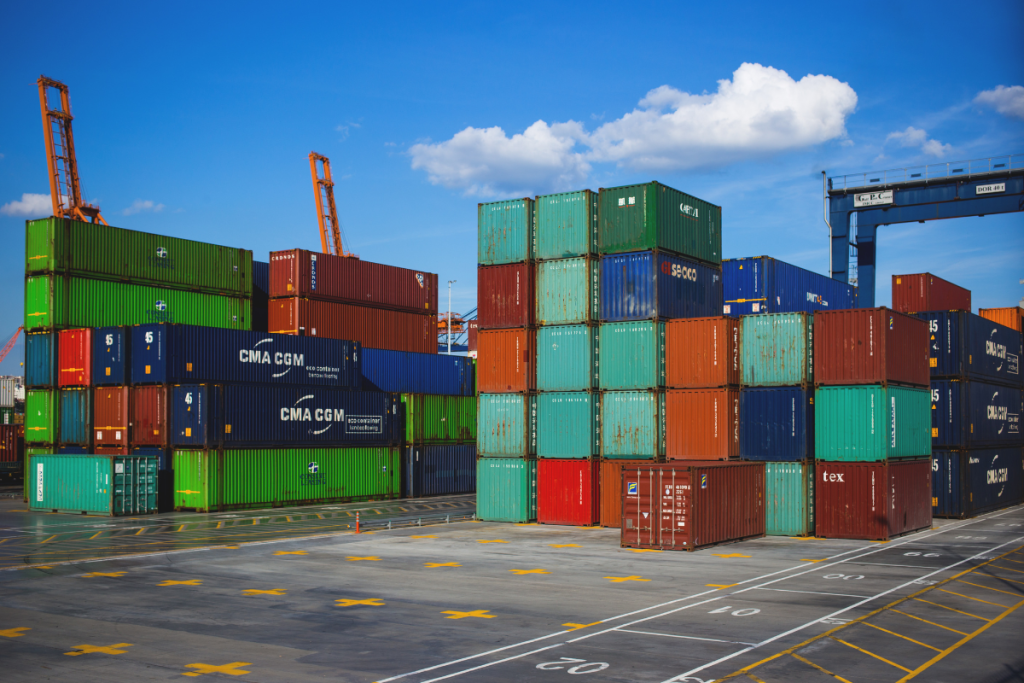New research from HSBC UK shows that three in four UK logistics firms expect to be impacted by shifting global tariff policies, with trade volatility under the Trump administration spurring investment delays, supply chain reconfigurations, and business model pivots. While some firms are scaling back, others are finding opportunities in diversification and risk-sharing.
Tariff Volatility Forces Strategic Reset
The UK logistics sector is entering another turbulent phase as 75% of companies expect to be directly affected by shifts in international tariffs and trade policies, according to a new survey from HSBC UK. Based on interviews with 92 logistics businesses, the report found the sector is being “disproportionately affected” by a wave of policy recalibrations triggered by U.S. President Donald Trump’s return to office and his renewed hardline trade stance.
In the weeks since the U.S. and UK finalized a bilateral trade deal—shortly after Trump’s self-declared “Liberation Day” on April 2—logistics firms have been weighing the practical implications. Though the UK-U.S. agreement offers some clarity, broader policy uncertainty, particularly involving U.S.-China relations, continues to cast a shadow.
HSBC’s findings show a varied but cautious response from logistics players. Over a quarter (28%) reported deferring investment decisions due to tariff risks, while a smaller group (10%) accelerated their plans to preempt expected policy changes. These moves reflect a sector on edge, balancing near-term survival against long-term adaptability.
From Stockpiles to Service Pivots
Operational responses are equally diverse. One in five firms (21%) reported actively reconfiguring their supply chains in light of shifting trade agreements and global demand. Others are sharing infrastructure to spread risk (12%), scaling back certain offerings (12%), or stockpiling inventory (10%) to brace for potential bottlenecks. Notably, another 10% are considering exiting the market altogether—underscoring the level of strategic stress.
Still, amid the headwinds, some businesses are seizing the chance to expand or diversify. Fourteen percent of surveyed firms reported positive impacts tied to growth into new markets or services, suggesting that for a select few, disruption is catalyzing innovation rather than constriction.
Amanda Tickel, Head of Tax and Trade Policy at Deloitte, views this as a moment for the sector to reassess its positioning. “Previous periods of uncertainty over future terms of trade have resulted in a prolonged squeeze on investment,” she said. “This is still a rapidly evolving environment, and businesses will need to be proactive in mitigating the effects of tariffs.”
Logistics Strategy Under Review, Not Retreat
With three-quarters of firms anticipating tariff impacts, logistics leaders are right to reassess network configurations, investment timing, and service scope. What emerges is a more layered view of risk, one that blends operational flexibility with broader commercial alignment. Rather than defaulting to cost-cutting, the challenge ahead lies in structuring logistics as a resilient, scenario-ready function embedded in wider business planning.





